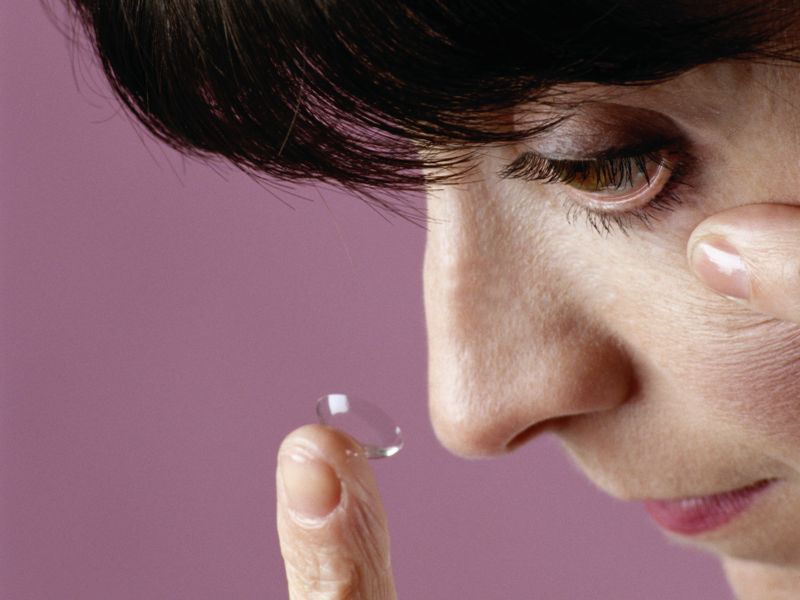SATURDAY, Aug. 19, 2017 (HealthDay News) — Keep your eye on your contact lens regimen if you’re traveling this summer.
“Being prepared when traveling is key to eye safety,” said Dr. Andrew Pucker, an associate professor at the University of Alabama at Birmingham School of Optometry.
“While the vast majority of contact lens wearers believe they are compliant, up to 90 percent of patients fail to accurately complete at least one step of their care regimen,” Pucker noted.
Either they wear contact lenses for more days than recommended, keep them in overnight, expose their lens to tap water or fail to fully follow the cleaning instructions given to them by their optometrist, he said.
Taking shortcuts in your eye care while traveling can exacerbate bad habits or create new dangers.
Here, Pucker provides tips about contact lens safety for vacationers:
Consider your destination: “Not all travel destinations have the same resources as the United States,” Pucker said. You could lose your lenses and have no way to replace them, encounter pollution or not have access to clean water, he added.
If you’re going to an underdeveloped country, consider leaving your contacts home to avoid the risk of eye irritation or infection, he said.
Also, remember to pack travel-sized bottles of contact lens solution and leak-proof contact lens cases.
It’s also smart to pack extra contact lenses and a pair of eyeglasses.
Remember to remove your contacts before swimming. Otherwise, you risk developing an eye infection. If you need your lenses to see while swimming, he suggested daily disposable lenses you can discard when you finish your laps.
Protect your eyes from the sun’s ultraviolet rays by wearing polarized sunglasses, UV-protection contact lenses if applicable and a large-brimmed hat.
“UV-protecting contact lenses protect only part of the eye,” Pucker said. “Sunglasses also provide protection, though neither contact lenses nor sunglasses fully protect the eyes from harmful light,” he explained.
He recommended a combination of measures, such as sunglasses, contact lenses when needed for vision correction, and hats. Children are more susceptible to UV damage than adults, and should always be protected from the sun’s harmful rays, he said.
More information
For more about contact lens safety, try the U.S. Food and Drug Administration.
Copyright © 2026 HealthDay. All rights reserved.

